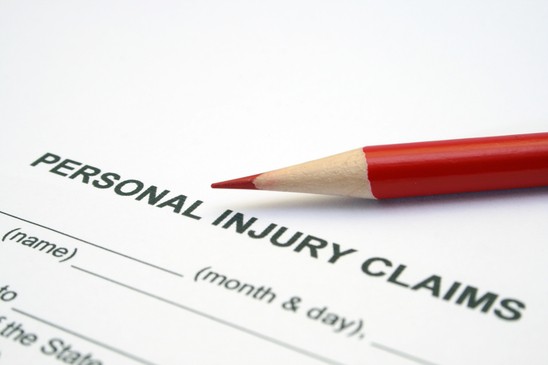Facebook has over 1 billion users. That’s one seventh of the human population alive on earth today. Twitter boasts about 271 million active users. These forms of communication can keep us connected to friends and family who live across the world. They keep us informed about the world. They link us. Yet, these same tools that can be so beneficial can also have some serious consequences, particularly for individuals who are in the midst of litigation.

For instance, a recent Forbes article explained that Facebook posts can be used in court by the defense to build a case. If the information or story being told on Facebook conflicts with the story being told in the courtroom by plaintiffs, the Facebook evidence may harm a client’s case.
For instance, clients are reminded to refrain from admitting guilt at any point while a case remains open. However, a poorly-worded post on Facebook could, in theory, be used by either the plaintiff or the defendant as an admission of guilt. According to Forbes, anything posted on Twitter or Facebook can be brought forth in the discovery process. This means that anything you write on Facebook or Twitter, or any photos you post, may be used against you in court.
In many cases, this is good due process and protects all individuals involved in personal injury lawsuits. However, in cases where words are taken out of context, an ill-conceived post can cause serious damage to a case.
Fortunately, privacy laws make it difficult for lawyers to search all aspects of a person’s online social media life. That said, even a selective search of a person’s social media posts can be damaging.
So, what can you do to protect yourself if you’re suing for personal injury damages in Meridian or Boise, Idaho? For one, attorney client privilege protects you and your lawyer, allowing you to freely discuss your case in privacy. Try to avoid discussing your case, or any advice your lawyer gives you, on Facebook, Twitter or other social media outlets.
Be aware of what photos you are posting to social media. The discovery process may allow a wide range of visible evidence to be admissible in court, as it can give a judge and jury a good idea about an individual’s quality of life or pain and suffering. Be careful what you post, and set limits on who can tag you in photos.
Finally, it is important to remember that once something is public, it is public. You can’t take it back. Deleting photos after they have posted may be seen as destruction of evidence if these photos were legally requested.
Social media can have a significant impact on personal injury cases. It is important for clients to speak to their lawyer about the potential impact. The Law Office of Johnson & Lundgreen is a firm of personal injury lawyers in Meridian and Boise, Idaho. We work tirelessly to ensure that victims’ rights following a car accident are protected and offer experienced counsel about how to proceed if you have been injured.

